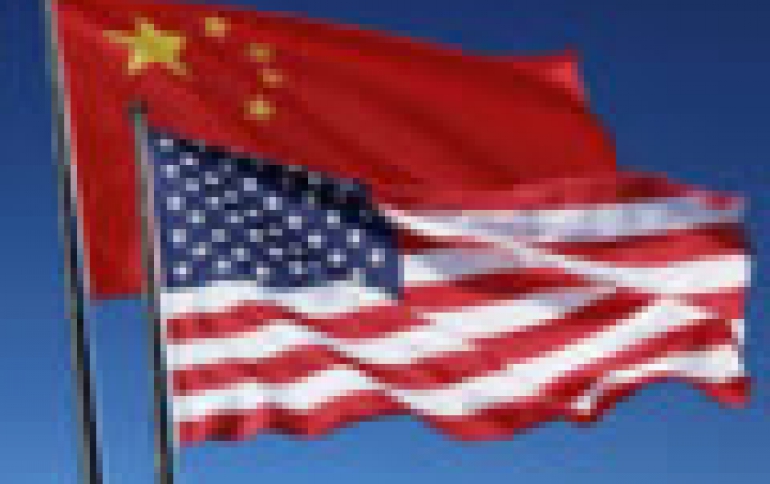
China Strikes Back, Imposes its Own 25 Percent Levy on US Goods
Responding to the U.S. decision to placed 25% import tariffs on Chinese imports, China on Friday said it will immediately implement additional tariffs "of the same scale and intensity" on American products.
The official Xinhua news agency, citing the Tariff Commission of the State Council, reported on Saturday that China will impose an additional 25% duty on 659 U.S. goods worth $50 billion. Tariffs on $34 billion of goods including including autos, agricultural products and aquatic products will take effect from July 6, with additional goods to be announced at a later date, Xinhua said.
The U.S. move "not only hurts bilateral interests, but also undermines world trade order," Chinese Foreign Ministry spokesperson Lu Kang said in a statement. "China doesn't want a trade war" but has no choice but to fight back forcefully against "short-sighted" actions, he added.
U.S. Customs and Border Protection will begin collecting tariffs on 818 product categories valued at $34 billion on July 6, the U.S. Trade Representative's office said.
The list was slimmed down from a version unveiled in April, dropping Chinese flat-panel television sets, medical breathing devices and oxygen generators and air conditioning parts.
The tariffs will still target autos, including those imported by General Motors and Volvo, owned by China's Geely Automobile Holdings, and electric cars.
And USTR added tariffs on another 284 product lines, valued at $16 billion, targeting semiconductors, a broad range of electronics and plastics that it said benefited from China's industrial subsidy programs, including the "Made in China 2025" plan, aimed at making China more competitive in key technologies such as robotics and semiconductors.
China and the U.S. had agreed to hold off on new tariffs in their second round of trade talks in Washington in May. But Donald Trump reversed that position later that month. A White House statement issued May 29 said the U.S. would announce the final list of imports to be affected by the new tariffs by June 15.
The two sides still met for a third round of talks in early June, when China agreed to import an additional $7 billion in American agricultural and energy products. The U.S., meanwhile, agreed to reconsider its ban on American companies selling parts to Chinese telecommunications equipment maker ZTE.
Continuing imposing high tariffs on each other would greatly squeeze trade between the two countries and could impact investments.













